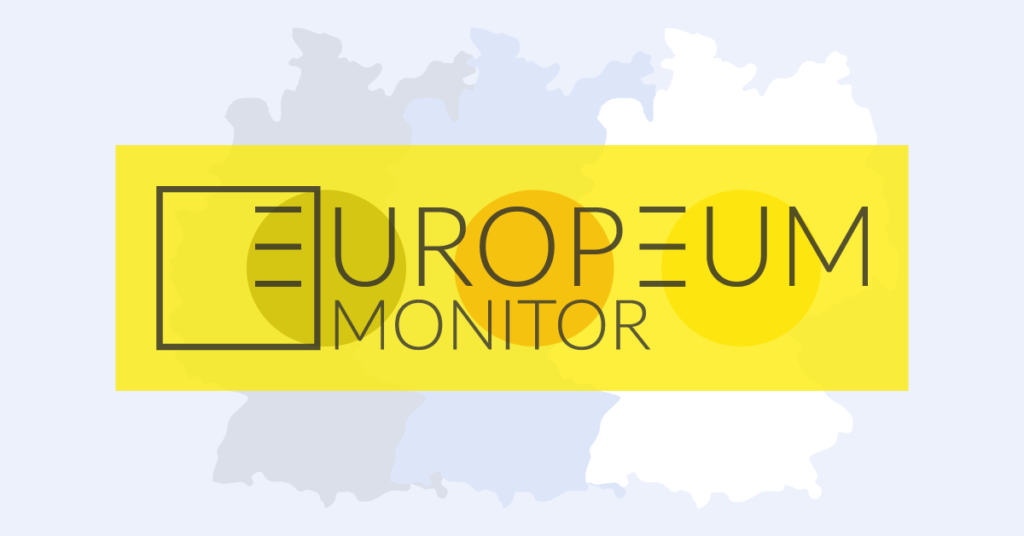Europe awaits: German GroKo and what it means for European partners

- On the 4th of March 2018, the members of the German Social Democratic Party (SPD) endorsed the renewal of the Grand Coalition with their major rival CDU/CSU. The decision paved the way for Angela Merkel to remain in her position as German chancellor for her fourth – and last – consecutive term. Although the result of the internal referendum did not come as a surprise, it finally untied the hands of the German government, empowering it in the process to finally turn its attention to European affairs.
- The period preceding the European elections in 2019 will lay the foundation of the future of European integration, and after a series of proposals emitted by President Emmanuel Macron, there was great expectation towards the German answer, which the coalition agreement provides outlines of. Therefore, it is worth examining in detail how the new German government envisions Europe, and what implications this vision may have for the Czech Republic in particular and for Europe in general.
Political parties in Germany are known for a high degree of consensus when it comes to foreign affairs and European policy. Apart from the recently founded right-wing populist Alternative for Germany (AfD) and some radical parts of the Left (Die Linke), all major German parties perceive a well-functioning European Union as the main condition for prosperity and peace in Europe
From the Czech point of view, the new coalition agreement contains both negative and positive aspects. On the one hand, Czech governmental positions are in line with the German ones when it comes to defence, research and youth mobility, as well as the single digital market. On the other hand, the new government might pose challenges with regard to issues such as a potential Eurozone reform, the harmonization of social systems, the free movement of labour, or migration management.
The full article is availiable through the PDF button on the (bottom) right.






